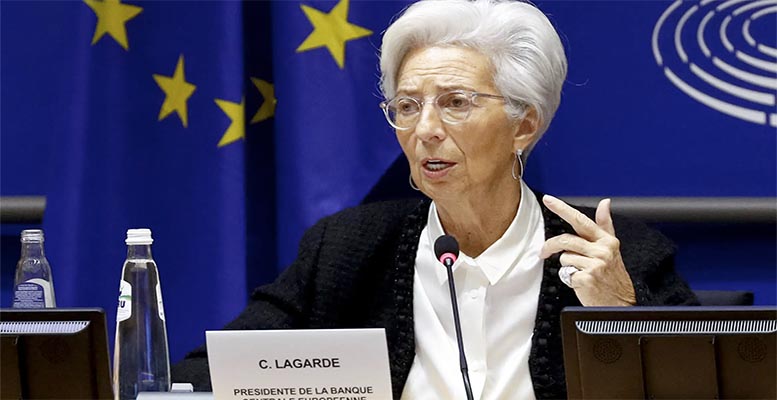Azad Zangana (Schroders) | As promised at the previous Governing Council meeting, the European Central Bank (ECB) has today announced additional stimulus to aid the economic recovery. This follows the new restrictions introduced last month to stop the spread of the coronavirus.
The pandemic emergency purchase programme (PEPP) will be expanded by €500 billion to a total of €1.85 trillion. Purchases will be extended to at least the end of March 2022.
Before the announcement, purchases under the PEPP were due to end in Q2 2021. This would have meant that total quantitative easing (QE) would fall from around €330 billion per quarter to just €60 billion per quarter. After this point only the traditional asset purchase programme was to remain (APP – €20 billion per month).
The increase just announced means that, if spread evenly, purchases will rise from €370 billion in Q4, to €430 billion in Q1 and Q2 2021. They will then fall back to €160 billion between Q3 2021 and Q1 2022.
Ultimately, it appears that the ECB does not want QE to slow before EU governments have had a chance to start spending the EU recovery fund. At present, the process of agreeing and distributing funds has been held up by Hungary and Poland. They are protesting over clauses that could lead to funds for the two being blocked on the grounds of EU rules of law not being followed.
We expect a deal to be struck between the EU and these two, or for the rest of the EU to press ahead and exclude the miscreants.
Our forecast had assumed a more even distribution, with a total of €750 billion of extra purchases, but the size may yet be met at a later stage. However, it is clear that investors were left a little disappointed by the scale of the increase in purchases, as government bond yields rose slightly (prices fell), and the euro strengthened against the US dollar.
Additional liquidity measures were announced for the banking system to support growth in lending, and those measures were extended well into 2022. While interest rates have been kept on hold at zero and -0.5% on the deposit rate, the extensions to its QE programme and liquidity measures suggest interest rates will probably remain on hold until 2024.
Then again, with government debt levels rising sharply, the ECB may be forced to continue to add further stimulus, just to avoid risking another sovereign debt crisis





